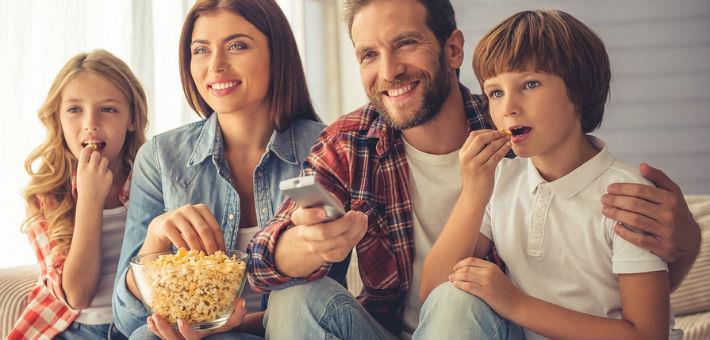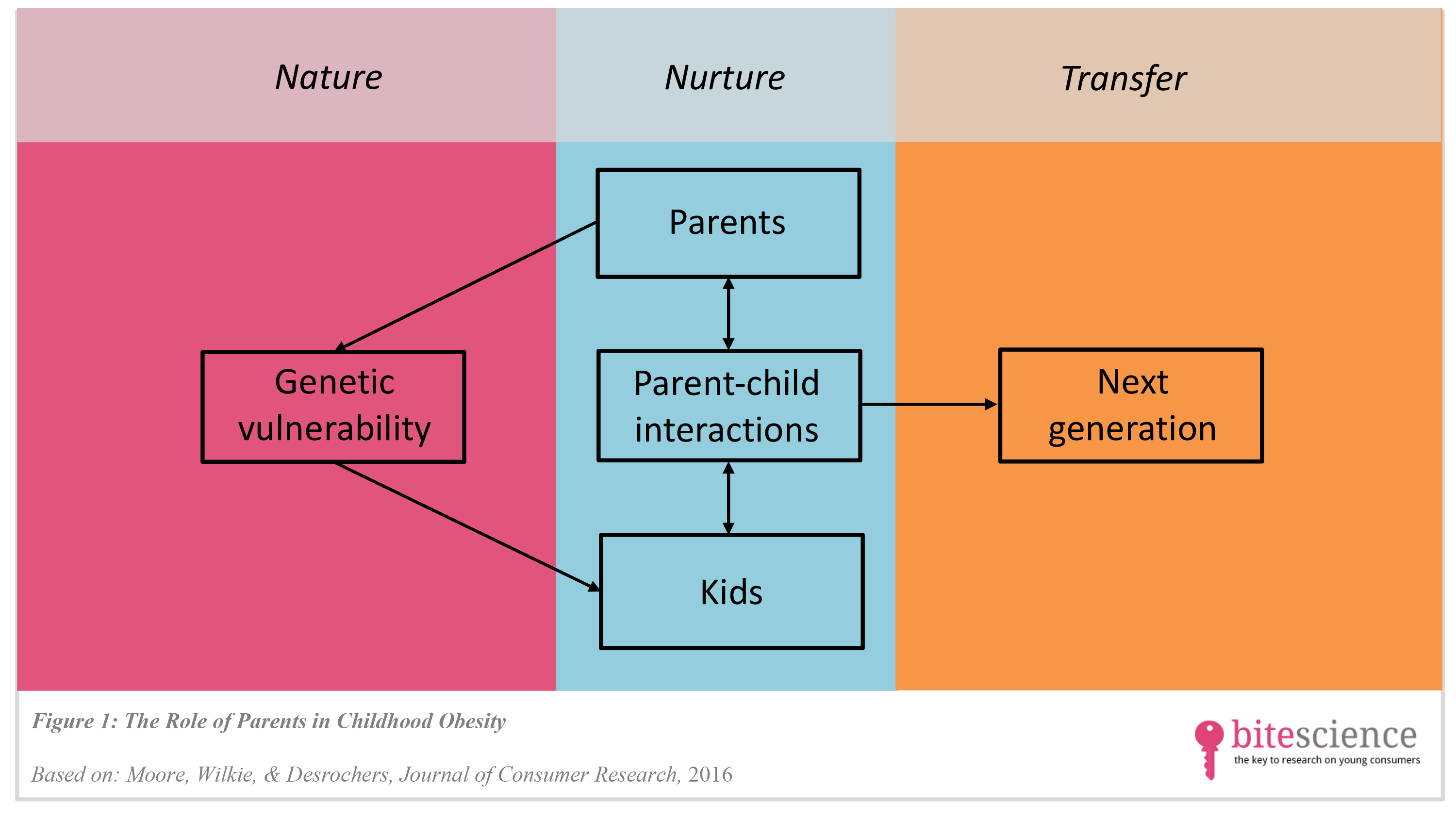
13 February 2017
The Role of Parents in Childhood Obesity
Keywords: food, health, kids, obesity, parents, food intake, parent-child relationship,
Childhood obesity is a major public health challenge all over the world. But what role do parents exactly play in the development of obesity among their kids? A study in the Journal of Consumer Research provides an answer to this question by conducting a thorough review of research on the role the family plays in childhood obesity. The review proposes five basic ways in which parents can influence their children to develop obesity.
Take aways
- Parents play a crucial role in the development of obesity among their kids, through the genes they pass along, but also through the environment they create at home.
- Parents cannot change their kids’ genes, but they can create a healthy home environment. They should foster healthy eating and activity behaviors and understand the risks of childhood obesity.
Study information
The question?
How does the family influence childhood obesity?
Who?
Kids and their families (parents and other caregivers)
Where?
-
How?
A literature review among many studies from consumer research and related disciplines on the family’s role in this problem was conducted.
Facts and findings
- Some kids inherit tendencies towards obesity from their parents in the form of genetic vulnerability, while others start off with lower tendencies and stronger protections against it (“nature”).
- Whether kids develop obesity or not depends on what happens between them and their parents afterwards, in daily life (“nurture”).
- Kids who do not learn healthy eating patterns and activity behaviors from their family are more likely to develop obesity than kids who do not.
- Kids with parents who do not create a healthy home environment and do not understand the importance of childhood obesity are more inclined to develop obesity.
- Parents who do not foster healthy eating and activity behaviors during parent-child interactions (for example by educating kids to buy healthy food and by mediating marketing influences on unhealthy food) put their kids at risk for obesity.
- When kids reach adulthood and leave the family home to live on their own, they will also take these healthy or unhealthy behaviors with them. If obese kids get children themselves, these behaviors will influence the next generation of kids (“transfer”).
